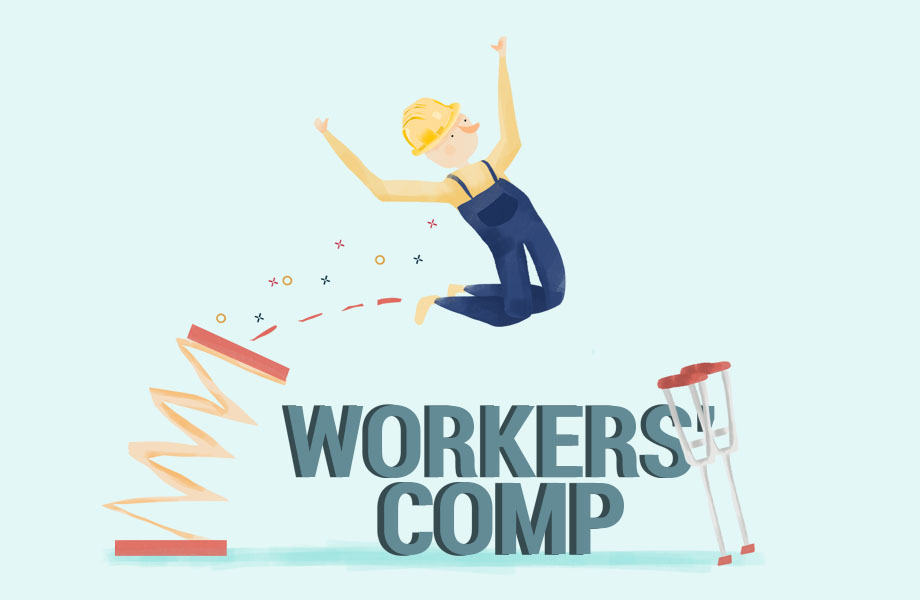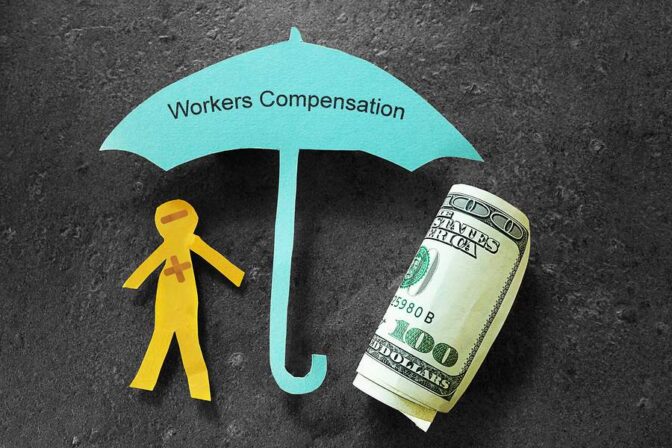- [email protected]
- 671 W Lumsden Rd, Brandon FL 33594
Call Anytime

WCCOP is your small business solution to the most perplexing Workers Compensation problems. We leverage our relationship with multiple partners and providers to get you the best fit at the best price. WCCOP clients know that WCCOP exists for one simple reason…to take care of business.
With over 100 years of combined experience plus a network of available experts ready to answer all of your questions, WCCOP is your partner in Success!
By utilizing Worker’s Comp Co-Op you can reduce your premiums even if you are in a hard to place industry such as Construction, Welding, Drywall, Concrete, Carpentry, Iron work, transportation, long and short haul or USL&H

Stop paying high premiums for workers comp insurance!
Workers' compensation is a form of insurance that provides benefits to employees who suffer work-related injuries or illnesses. It is designed to cover medical expenses, rehabilitation costs, and lost wages for employees who are injured or become ill in the course of their employment.
Generally, employees who sustain work-related injuries or illnesses are eligible for workers' compensation benefits. This includes full-time and part-time employees, as well as temporary and seasonal workers. However, independent contractors are typically not covered by workers' compensation.
Workers' compensation covers a wide range of work-related injuries and illnesses. This includes sudden accidents, such as falls, strains, or fractures, as well as occupational diseases that develop over time due to work-related exposures, such as repetitive stress injuries or respiratory conditions caused by workplace chemicals or pollutants.
To file a workers' compensation claim, employees typically need to report the injury or illness to their employer as soon as possible. The employer will provide the necessary forms and instructions for filing a claim. Employees may need to seek medical treatment from an approved healthcare provider and provide documentation to support their claim.
Q5: What benefits are provided by workers' compensation? A5: Workers' compensation benefits generally include coverage for medical expenses related to the injury or illness, wage replacement benefits for lost income during the recovery period, vocational rehabilitation services if the injury affects the employee's ability to work, and compensation for permanent disabilities or disfigurement.
Q6: Are all employers required to have workers' compensation insurance? A6: The requirement for employers to have workers' compensation insurance varies depending on the jurisdiction. In many jurisdictions, employers are required by law to carry workers' compensation insurance if they have a certain number of employees. The specific requirements and thresholds vary by state or country.
Q7: What are the employer's responsibilities in workers' compensation cases? A7: Employers have various responsibilities in workers' compensation cases, including providing a safe working environment, promptly reporting employee injuries or illnesses to the workers' compensation insurer, assisting employees in filing their claims, cooperating with the claims investigation process, and complying with any necessary workplace accommodations or return-to-work programs.
Q8: Can employees sue their employers for work-related injuries if they receive workers' compensation benefits? A8: In most cases, employees are generally prohibited from suing their employers for work-related injuries or illnesses if they are covered by workers' compensation. Workers' compensation is considered an exclusive remedy, providing a no-fault system where employees receive benefits regardless of fault. However, there may be exceptions in cases of gross negligence or intentional harm by the employer.
Q9: Can workers' compensation benefits be denied? A9: Yes, workers' compensation benefits can be denied in certain situations. Common reasons for denial include failure to report the injury or illness in a timely manner, the injury not being deemed work-related, lack of sufficient medical evidence, or the injury resulting from misconduct or intoxication. Employees have the right to appeal a denied claim.
Q10: How long do workers' compensation benefits last? A10: The duration of workers' compensation benefits varies depending on the nature and severity of the injury or illness. Benefits typically cover necessary medical treatment until the employee reaches maximum medical improvement. Wage replacement benefits may be provided for a certain period of time based on the extent of disability or until the employee can return to work.